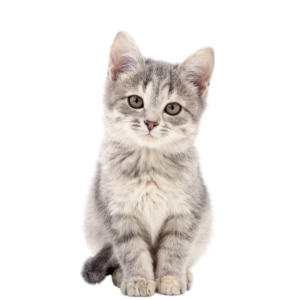At Mill Creek Animal Hospital, we vaccinate cats for FVRCP (Feline Viral Rhinotracheitis Calicivirus Panleukopenia), rabies, and feline leukemia.
Does my indoor cat need to be vaccinated?
Cats that stay indoors are not safe from what could potentially be carried in on your clothing, or by other animals entering the home or yard. The feline leukemia virus vaccination is not necessary for indoor cats, but it is not the same case for rabies and upper respiratory vaccines. Although the chances are slim, if a rabid bat flew into your home or yard and bit your cat, the fatal disease could be prevented by the previously given vaccination.
What is FVRCP and core vaccine for cats?
Feline viral rhinotracheitis calici-panleukopenia vaccine covers highly contagious and potentially fatal diseases that your cat can contract even from just the environment.
How often does my adult cat need vaccination?
The vaccines we do at Mill Creek Animal Hospital vary in regards to how long they last. Rabies and leukemia vaccines are annual vaccines and the FVRCP is a three-year vaccine.
Are there any risk associated with vaccines?
Like anything put into the body, there are always associated risks. The most likely side effects that you will see in your animal after vaccines include lethargy, decreased appetite, and tender to touch at the injection site. More adverse effects include facial swelling, vomiting, and diarrhea. If your pet seems to be having any reaction after having vaccines, always consult a veterinarian.



